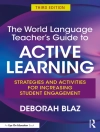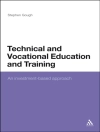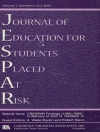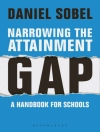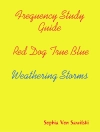Early childhood education across the world has been influenced by the pioneering work of Maria Montessori, and this book provides a complete overview of Montessori pedagogy and practice. It considers the Montessori approach within the context of early childhood education and care, and examines it in the light of new insights from the fields of neuroscience and child development.
By helping the reader understand the influence of Montessori on contemporary early years policy and practice, the book outlines ideas relevant to all early years settings, and suggests ways for all early childhood educators to apply these ideas in practice.
The book looks in detail at:
– the Montessori story
– the child as worker and the adult as observer
– developing independence and concentration
– using the senses to build the foundations for learning
– early communication and language
– early mathematics
– cultural knowledge and understanding
– Maria Montessori, and other early childhood pioneers
Within each chapter are definitions of the key concepts of the Montessori approach, questions for reflection and discussion, activities and suggestions for further reading. This book focuses on the 3 to 6 age range.
Susan Feez is a Lecturer in the Faculty of Education at the University of New England, Armidale, Australia.
Tabella dei contenuti
Introduction
The Montessori Story
The child worker and the adult observer
An environment of movement and order
The exercises of practical life
The exercises of the senses
Montessori Language
Montessori mathematics
Prepared paths to culture
Montessori in context
Circa l’autore
Susan Feez is a Lecturer in the Faculty of Education at the University of New England, Armidale, Australia.


